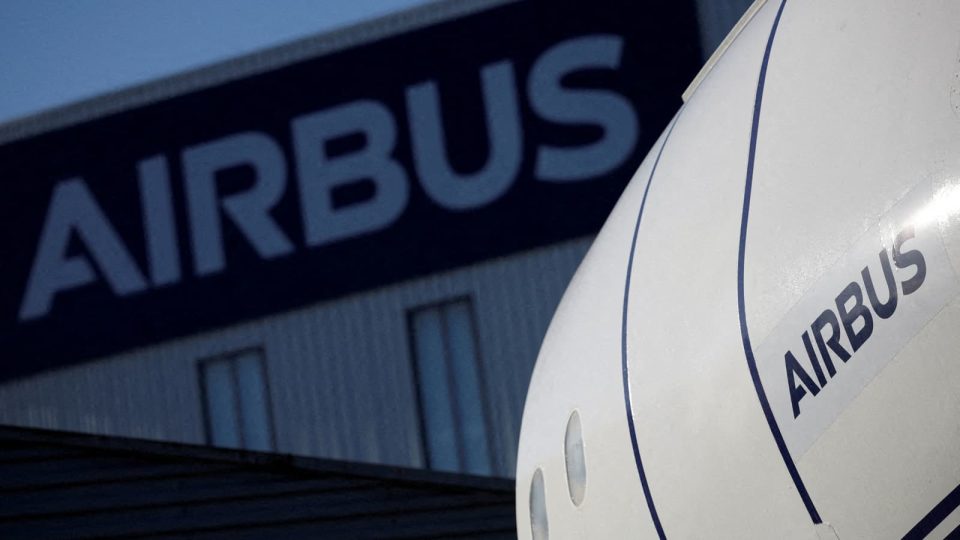Airbus (Euronext Paris: AIR) is contemplating a shift in its delivery strategy as uncertainties surrounding potential tariffs loom large, according to CEO Guillaume Faury. In an interview with CNBC, Faury indicated that if tariffs impede the company’s ability to deliver aircraft to U.S. customers, Airbus could prioritize shipments to non-U.S. clients who are eager for new planes.
Faury emphasized the robust demand from international markets, stating, “If we face significant challenges in delivering to the U.S., we can adjust by bringing forward deliveries to other customers”. The CEO highlighted the unpredictable nature of tariffs, noting that while they are a concern, Airbus is prepared to adapt its operations accordingly.
The backdrop of these discussions is the ongoing uncertainty regarding U.S. trade policies under President Donald Trump, who has previously threatened tariffs that could affect various sectors, including aviation. Faury expressed his hope that any tariff measures would not significantly disrupt the aviation industry, which he described as a tightly interwoven North Atlantic ecosystem where both sides could suffer from such impositions.
In recent years, Airbus has taken proactive steps to strengthen its presence in the U.S. market. The company has increased its purchases from American suppliers and established significant manufacturing capabilities within the country. This includes a major production facility in Mobile, Alabama, which houses two final assembly lines for the A220 and A320 families of jets, with plans for an additional line dedicated to A320 and A321 models for domestic customers.
Airbus counts several major U.S. airlines among its clients, including American Airlines, Delta Air Lines, United Airlines, and JetBlue Airways. Faury noted that this extensive customer base provides Airbus with considerable flexibility in navigating potential tariff impacts.
Despite these strategic adjustments, Airbus faces challenges beyond tariffs. The company is grappling with supply chain disruptions that have hindered its ability to ramp up production and manage a backlog of more than 8,000 aircraft orders. In its recent financial report, Airbus announced a 6% increase in annual revenue but also noted an 8% decline in adjusted operating profit for 2024.
The defense and space segment of Airbus reported a significant loss of 656 million euros for the year, with Faury acknowledging that this sector is currently facing intense competition from companies like SpaceX and other emerging players. He admitted that previous investments in technology had not yielded the expected results and indicated that restructuring efforts are underway to address these issues.
Looking ahead, Airbus aims to deliver approximately 820 aircraft in 2025 despite uncertainties related to tariffs and supply chain constraints. Faury reiterated his belief in the resilience of the aviation industry and expressed confidence that Airbus would navigate these challenges effectively.

